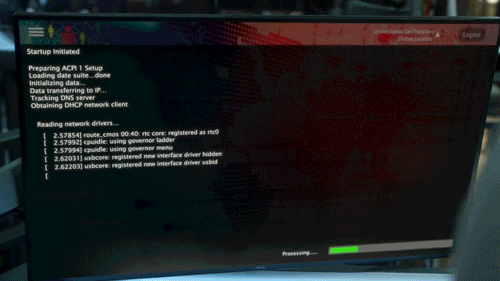
The Office of the Australian Information Commissioner (OAIC) reported increased data breaches in the second half of 2022 due to cyber security incidents.
The OAIC has released its most recent report, revealing a significant 26 per cent rise in data breaches in the second half of 2022. In particular, the report highlighted that malicious or criminal attacks were responsible for over half of all reported incidents.
“Cyber security incidents continued to have a significant impact on the community and were the cause of the majority of large-scale breaches,” said Australian information and privacy commissioner Angelene Falk.
In the first half of 2022, just 24 significant data breaches were reported. The OAIC shows a sharp increase in large-scale cyber security incidents in the second half of 2022, with 33 breaches affecting more than 5,000 Australians.
During the second half of 2022, there were several high-profile data breaches, including those at Optus, where it was reported that more than 10 million customers were affected, and Medibank, where hackers gained access to the personal data of 9.7 million current and former customers as well as their authorized representatives.
In total, malicious or criminal attacks accounted for 70 per cent of data breaches. Human error, which most frequently manifests in sending emails to the wrong recipient, followed by unintended release or publication, and failing to use BCC when sending emails, came in third place, accounting for another 25 per cent of data breaches.
In response, the Commonwealth government strengthened the penalties under the Privacy Act, gave the OAIC more authority to enforce the law, and started a review of the Act.
Falk stated that organisations should begin “with collecting the minimum amount of personal information required and deleting it when it is no longer needed,” in line with the recommendations of security experts.
No one can afford to be complacent regarding cyber security, and this report serves as a stark reminder that organisations must remain vigilant to protect their data and reputation.

More Stories
Killnet and AnonymousSudan Collaborate to Launch Cyber Attacks on Western Organisations
In recent news, it has been reported that two Russia-sympathetic hacktivist groups, Killnet and AnonymousSudan, have allegedly launched a series...
$4000 Gone In An Instant: Mother Defrauded in Facebook Marketplace Car Deal
A mother of four is warning others to be cautious after believing she had purchased a safe and dependable car...
Shocking Scam: Sydney Family Loses $200K Life-Savings in Suncorp Spoofing Fraud
A family from Sydney has lost their life savings worth $200,000 due to a fraudulent scam. Peter and Madison, who...
Mysterious Money Transfer Leaves Couple Speechless: How They Got an Unsolicited $4000
A young couple in Melbourne claims their bank is making up a personal loan they do not understand. Ashley and...
Phishing + AI + Voice Cloning= Big Trouble: The New Way Criminals are Stealing Your Money
New Alert: Criminals use AI and voice cloning to trick you out of your money. Earlier this year, Microsoft unveiled...
‘Impossible to Spot’ Delivery Scam Email Targets Australia Post Customers – Don’t Fall Victim!
Unsuspecting shoppers should be cautious as a parcel delivery scam that is hard to distinguish targets Australia Post customers. Email...


